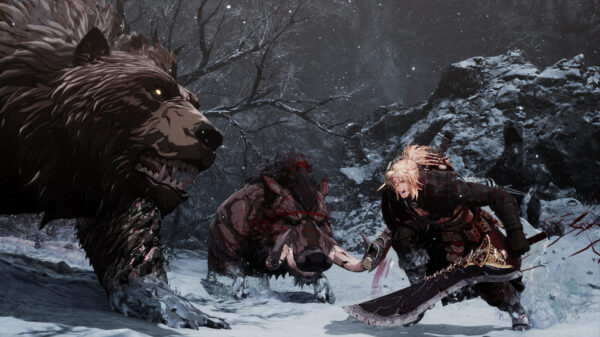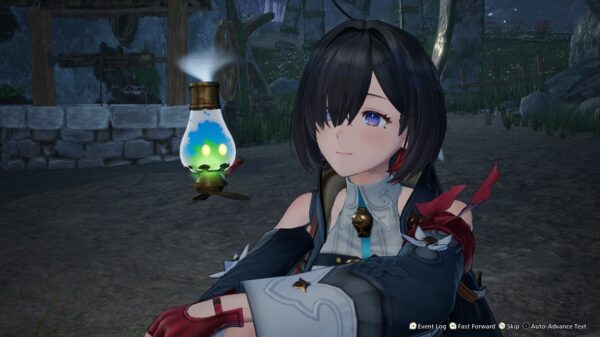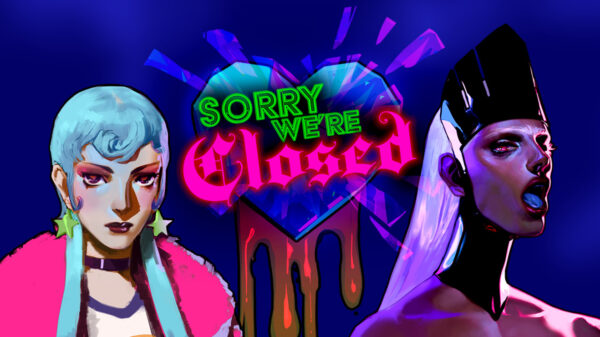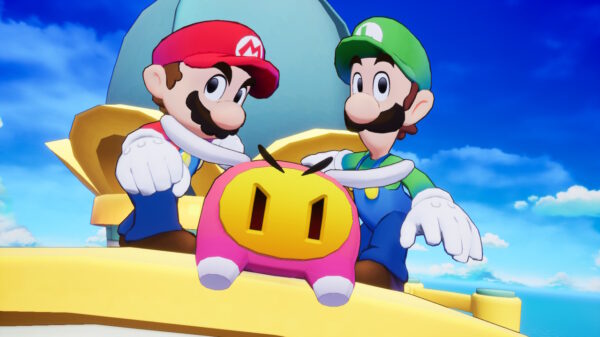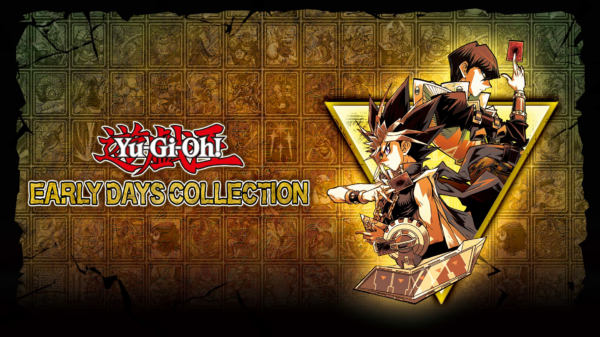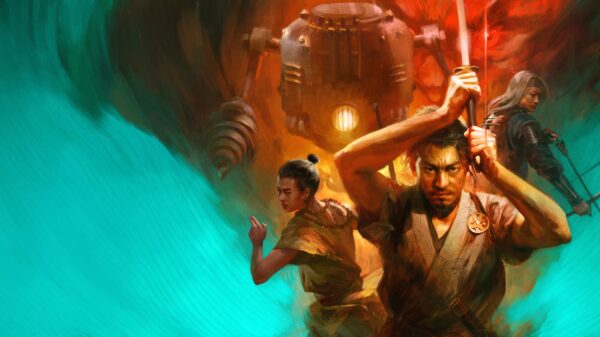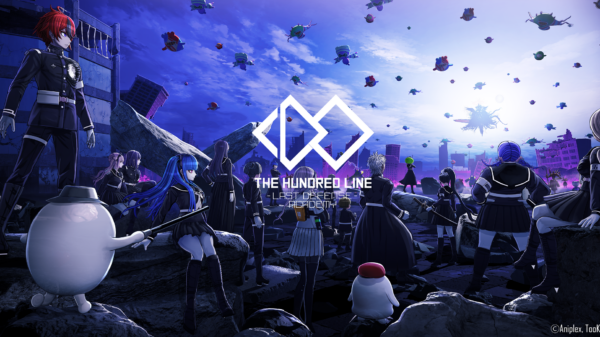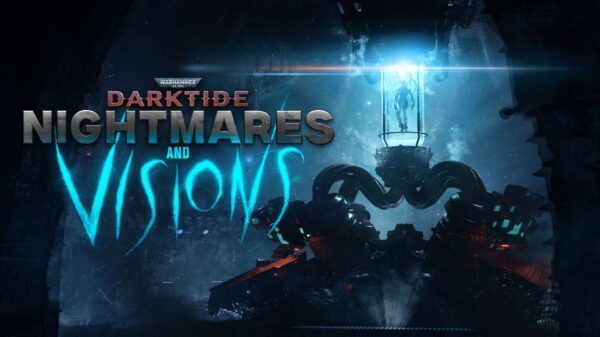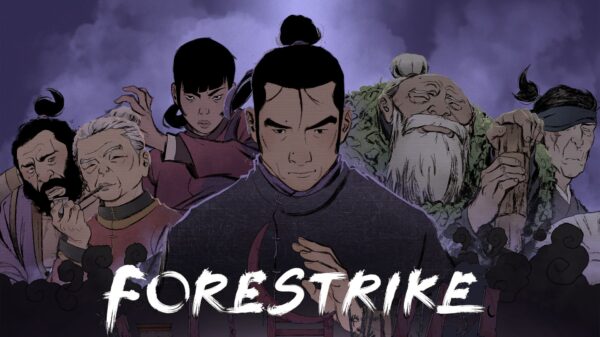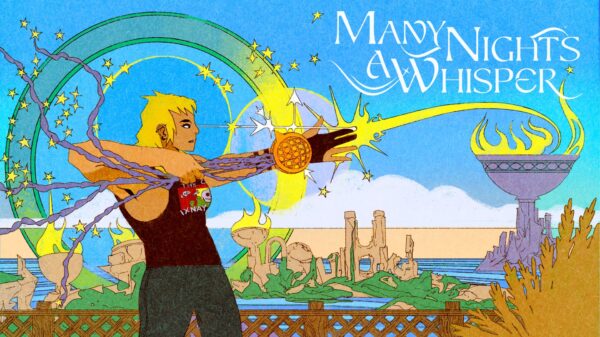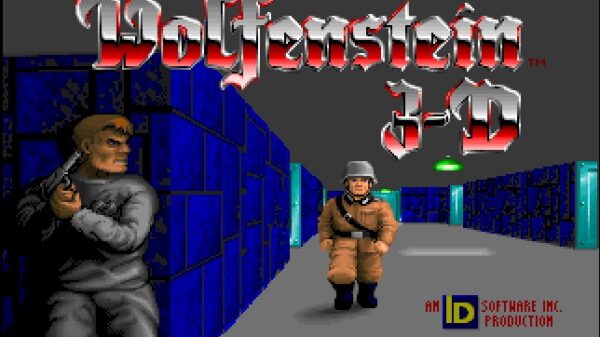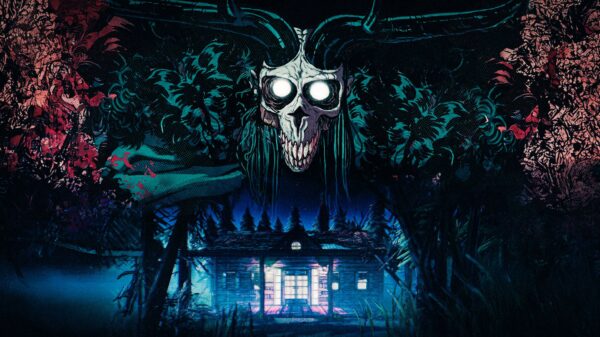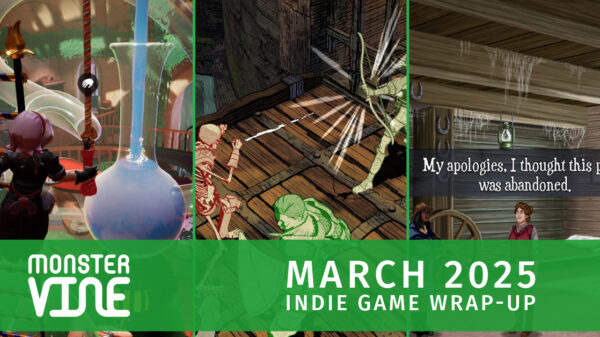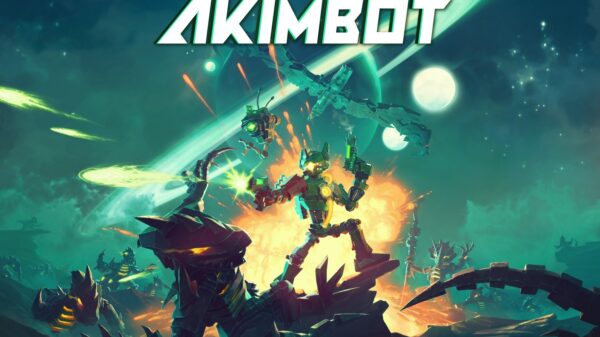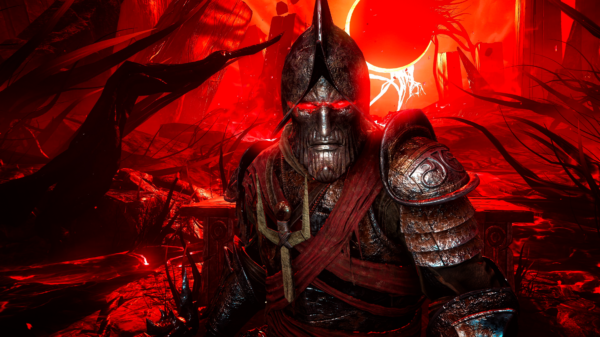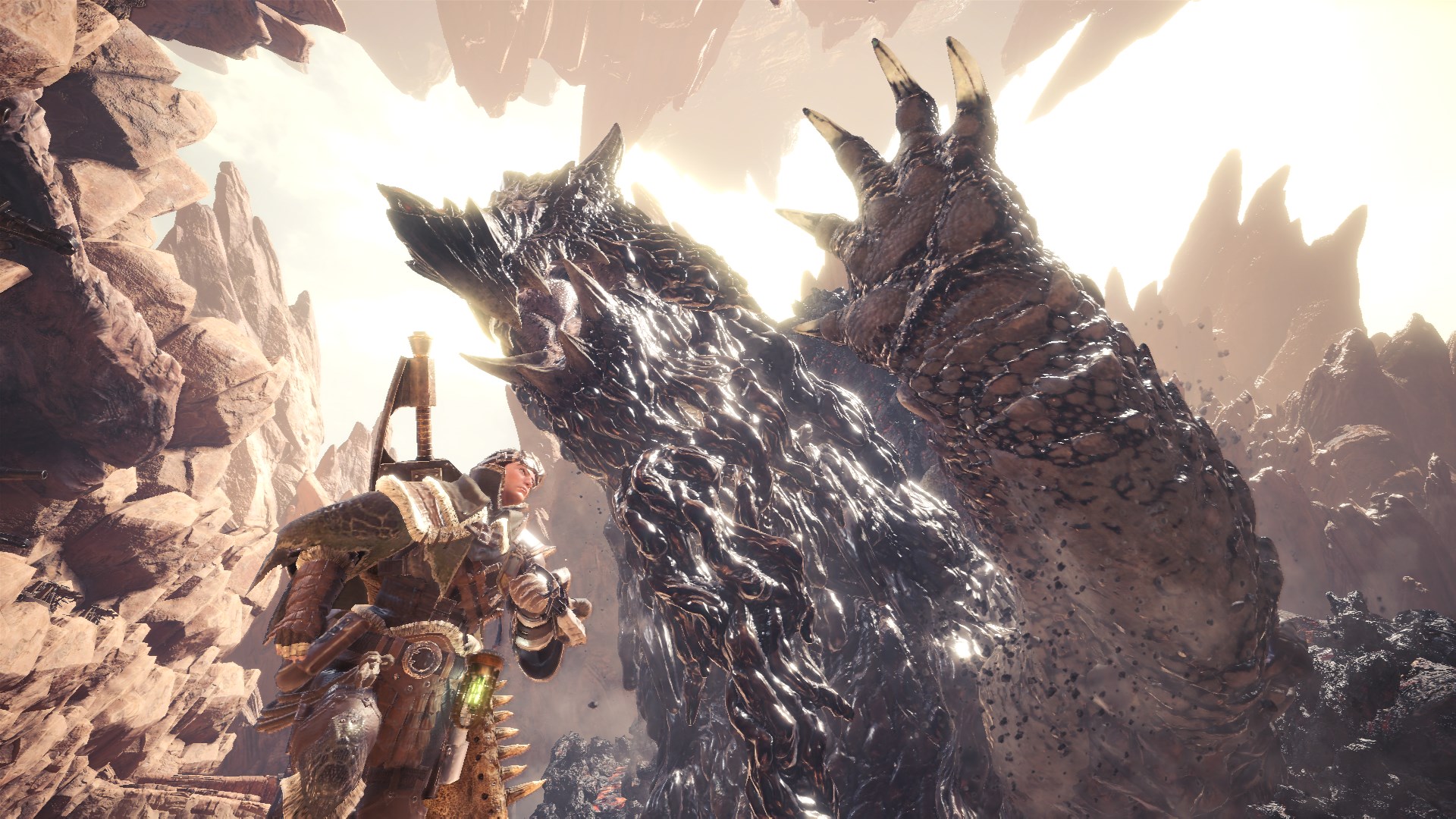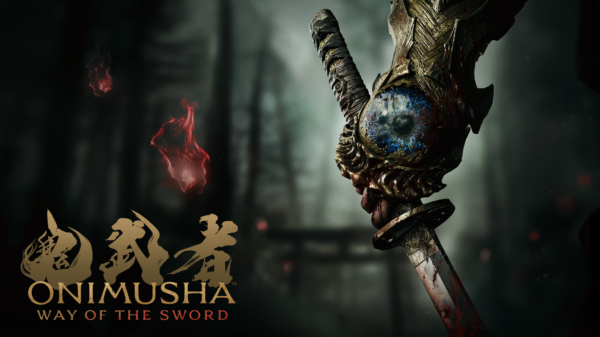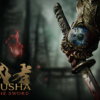With the recent release of Monster Hunter: World, the appreciation for progression has been reborn. It’s a concept that has taken many shapes and forms as video games have evolved. Collect some stars, score a set amount of points or kills. Progression is often a byproduct of an experience, but rarely does the progression become the experience?
Fire Walk With Me
As humans, we tend to learn from failures. The harsh lessons that attach themselves to our psyches. It’s part of growing up, every bruise, cut and scratch. Video games offer the very same process. Mistime a kick and suffer a combo at the hands of your enemy. Screw up that jump and restart the level. Fail to move out of that curious circle on the floor and wipe your party. Failure is learning, but what keeps us going?

From genre to genre, the answers differ greatly. Counter-Strike fans yearn to see their names at the top of the scoreboard. They want that perfect headshot, the seconds of fame on the kill feed accompanied by the audible crunch of a fallen foe. Street Fighter players pursue the perfect combo, that burst of joy dealt by victory. World of Warcraft players wish to obtain that sweet loot to enhance their character stats.
Monster Hunter, as a franchise, has built its spine on the idea of progression. Until World, there was no story. No land to protect or cause to champion. Prepare, hunt, loot, learn. Nothing more, nothing less.
Of Men & Monsters
There’s a level of willingness required of each and every player starting their Monster Hunter journey. It’s not a series you simply ‘play’ but more of a game you learn. From the mastery of each weapon to the mannerism of every creature, Monster Hunter is an ocean. That initial taste of the hunt is often short and rarely graceful. Swinging wildly, rolling at random. Mistiming dodges resulting in the sharp sting of a decaying health bar.
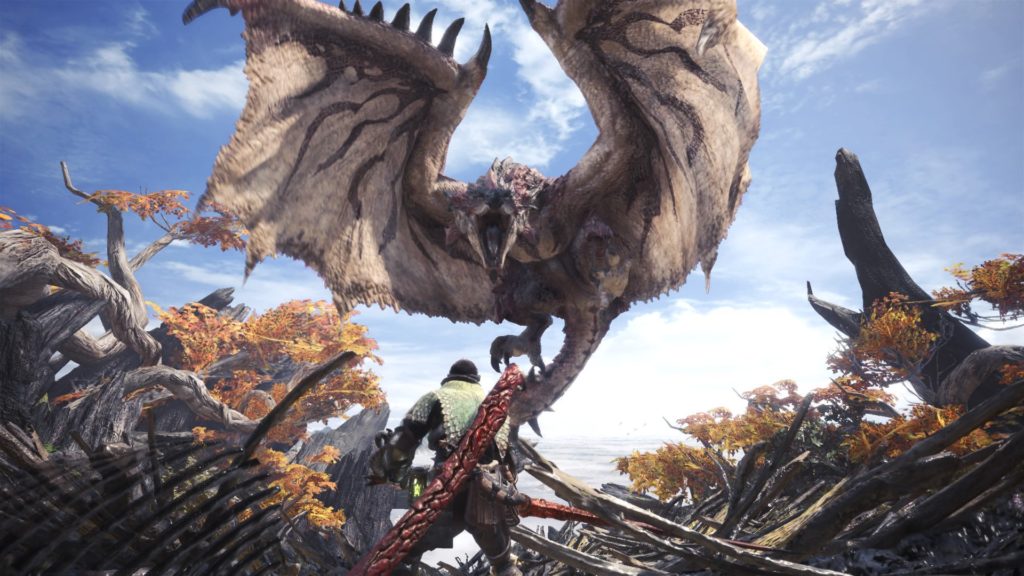
Fresh hunters make for unimpressive figures, often decked out in rags. Quaint weaponry does little to inspire, but why should it? The awkward attempts at combat hardly deserve worthy of equipment now do they? Monster Hunter’s ability to make the player feel weakened and clumsy is its secret sauce. With no leveling or experience system attached to the player, ability and knowledge define the player. Everyone is essentially a blank piece of parchment, the player is the ink, what they become is entirely up to them.
It brings us back to the idea of progression and how we value it. Every single hour spent within Monster Hunter is a skill learned or polished. Studying the nuances between axe and sword, counting the seconds between the attack patterns of a Rathalos, it all has value to the player. And that’s before we even get to loot.
Rewarding Time
Cosmetic progression is by the far most common method seen in modern video games. While the threat of the loot box is constantly looming, showing off your progression visually is eternally appealing. We’ve all grinded for hours to earn something to show off. Monster Hunter has historically encouraged similar behaviors, but with a much more profound reasoning.
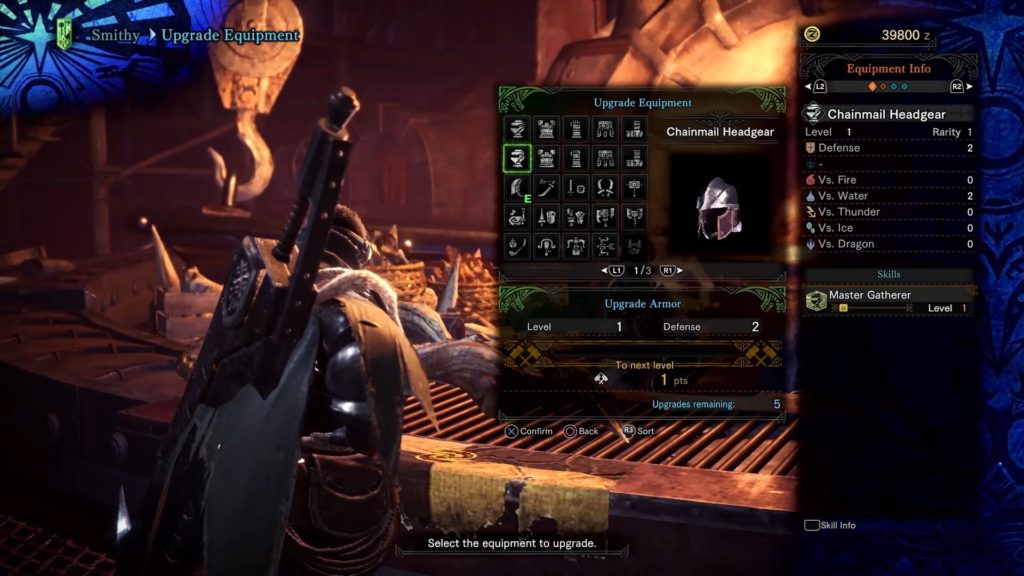
Weapons and armor are much more than a simple set of stats attached to some pixels. There’s a purpose behind the crafting, tying together the two systems at the heart of the game. Loot supports play styles and strengthens weaknesses, but can only be obtained by hunting down monsters. Those same monsters force the player to learn how to play. A natural cycle of mechanics which perfectly complements itself. In short, the perfect progression system.
A World Adrift
Capcom’s Western drive with Monster Hunter: World is calculated, but clever. Preserving the elements that define the game, while giving it a much more accessible nature, is a true balancing act. Going against the established concept of progression in Western videos games has been made much easier in recent years. The success of the ‘SoulsBorne’ games and boom of Rogue-likes has altered mainstream Western audiences tastes somewhat. That tangible feeling of growing your ability to play the game, it far outclasses any fancy skin unlock.
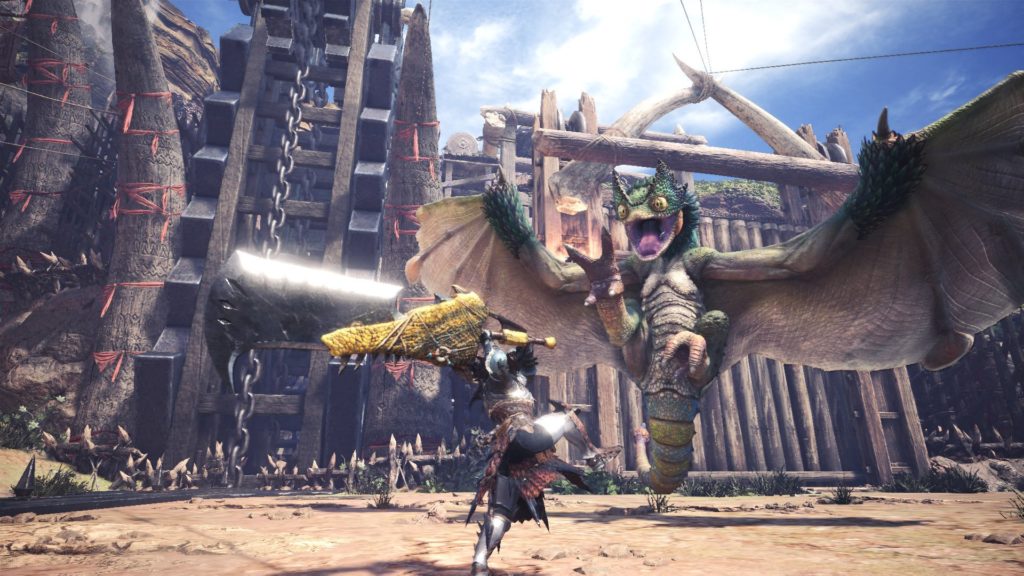
With the death cries of each fresh kill, comes the feeling of achievement. You, as the player, didn’t claim this victory through luck or cheesing the encounter. The victory was an accumulation of skill and knowledge. Identifying attack patterns, targeting weaknesses. You don’t only see the progression, but you can feel it. That’s where the magic in Monster Hunter can be found. For all the spectacle that battles with giant creatures offers, without that progression experience, it would be nothing.

